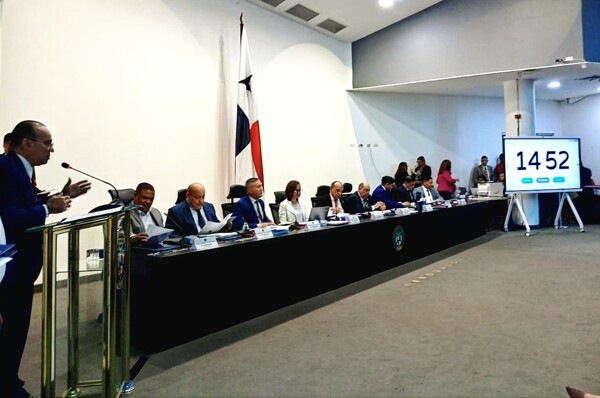The Dean of Economics at the University of Panama, Rolando Gordón, expressed his opinion on the reforms to the Social Security Fund aimed at resolving the crisis of the Disability, Old Age, and Death program. According to Gordón, these reforms could lead to a significant increase in labor informality, a rise in product prices, and represent a hard blow for micro, small, and medium-sized enterprises that may not withstand the increase in the employer's contribution.
Gordón argues that the law should have focused on capturing informal workers and providing them with strong state support, instead of imposing an additional 6% for the Sickness and Maternity program, which he considers impossible for informal workers. Furthermore, he pointed out that increasing the retirement age, as proposed in the reform bill, will not be accepted by the population.
The Minister of Economy and Finance, Felipe Chapman, argues that the increase in life expectancy demands a pension system adapted to the current reality. However, according to Gordón, many independent workers will not be willing to allocate 18% of their salary solely to the Disability, Old Age, and Death fund.
Gordón suggests an alternative that consists of using part of the funds from the Panama Canal to directly support the Disability, Old Age, and Death fund of the Social Security Fund, which he considers a safer option than relying on tax increases. At the same time, he stresses the need for dialogue and reaching agreements in the Assembly to urgently resolve this issue, in order to avoid potential nationwide protests.
Lastly, Professor Gordón warns that the gradual adjustment of the retirement age proposed in the bill under discussion in the National Assembly’s Health Commission will cause difficulties, as it is assured that there will be no significant increases in what workers have to pay, but the reality may be different.













